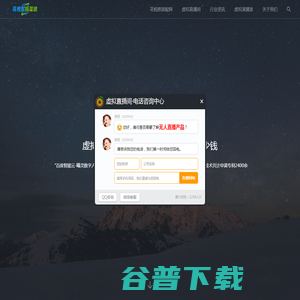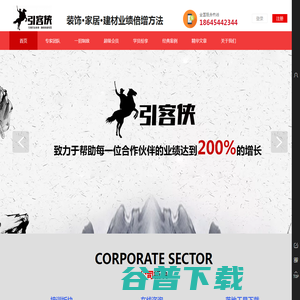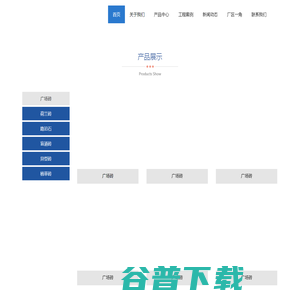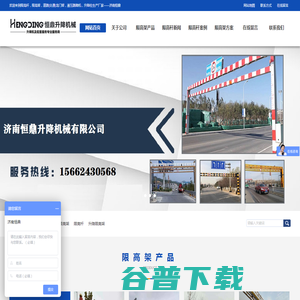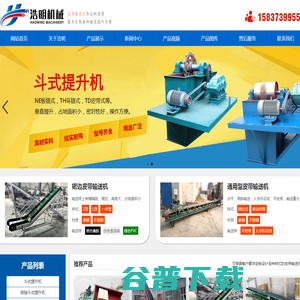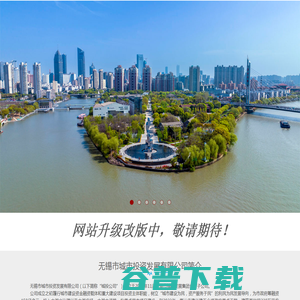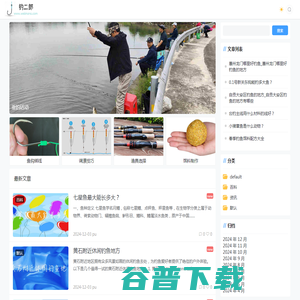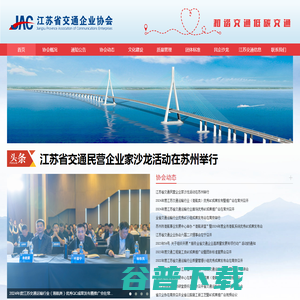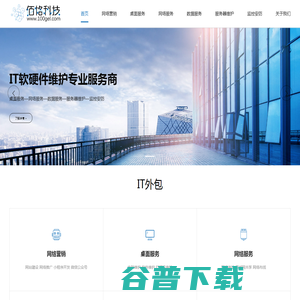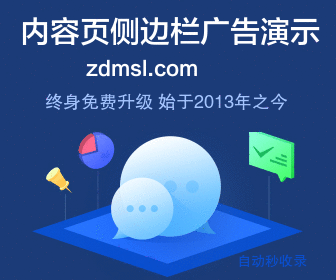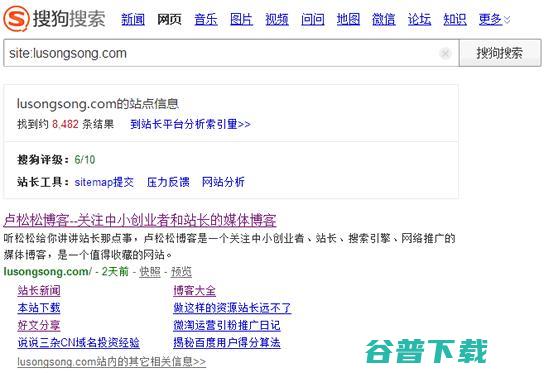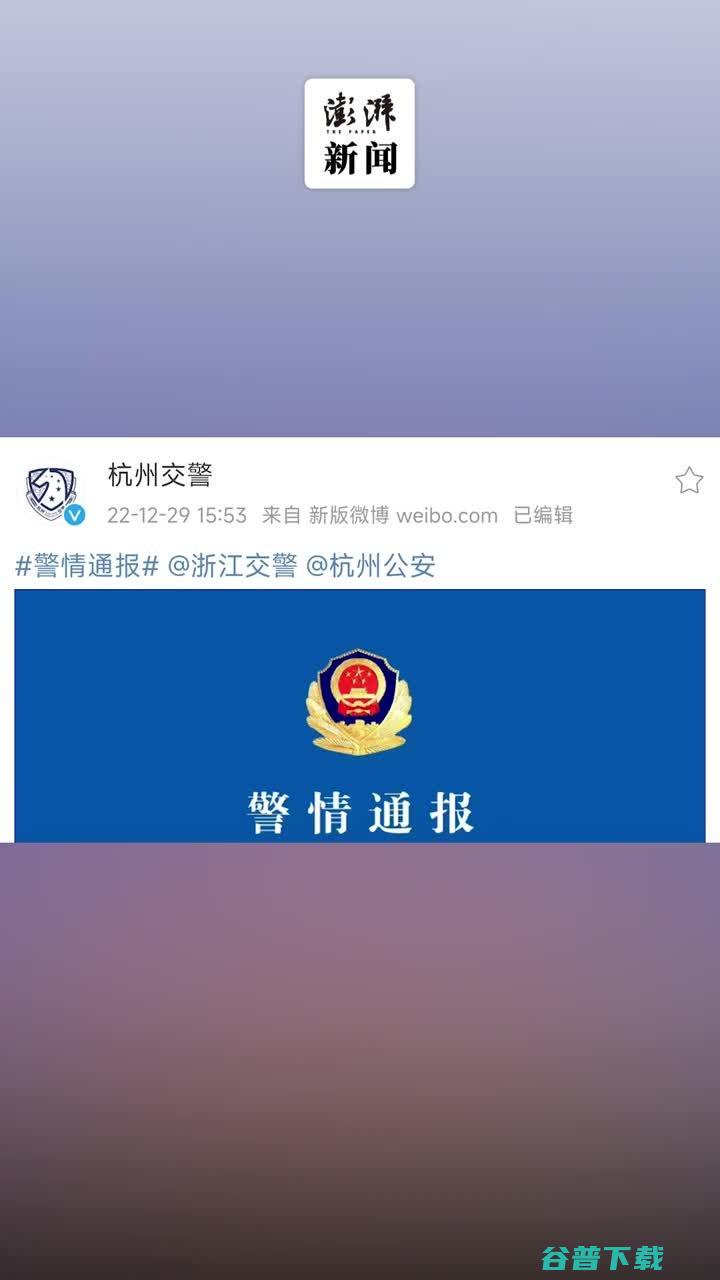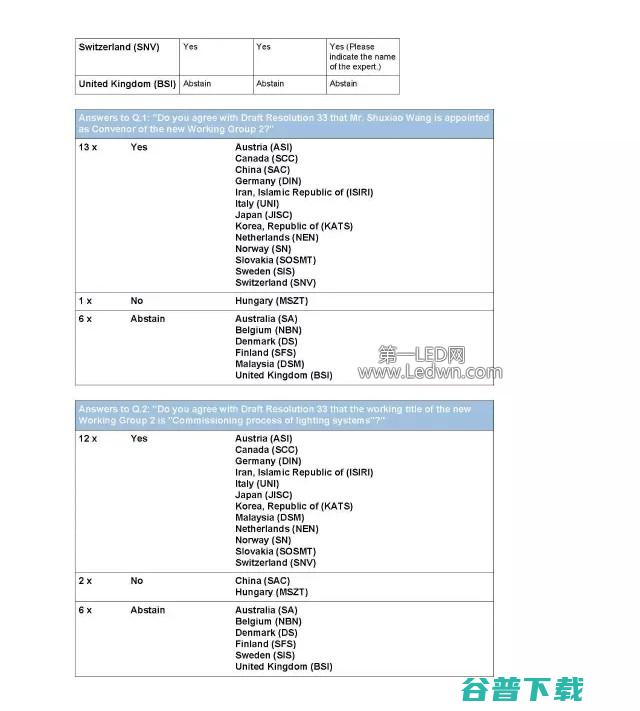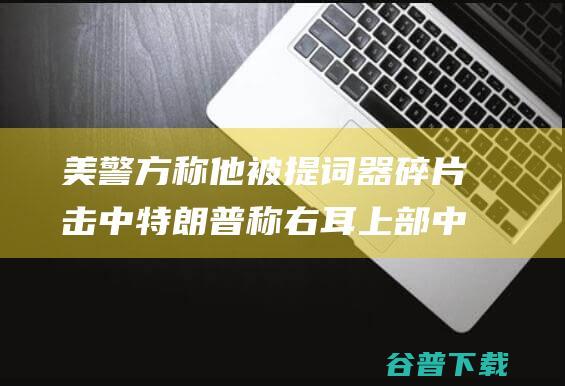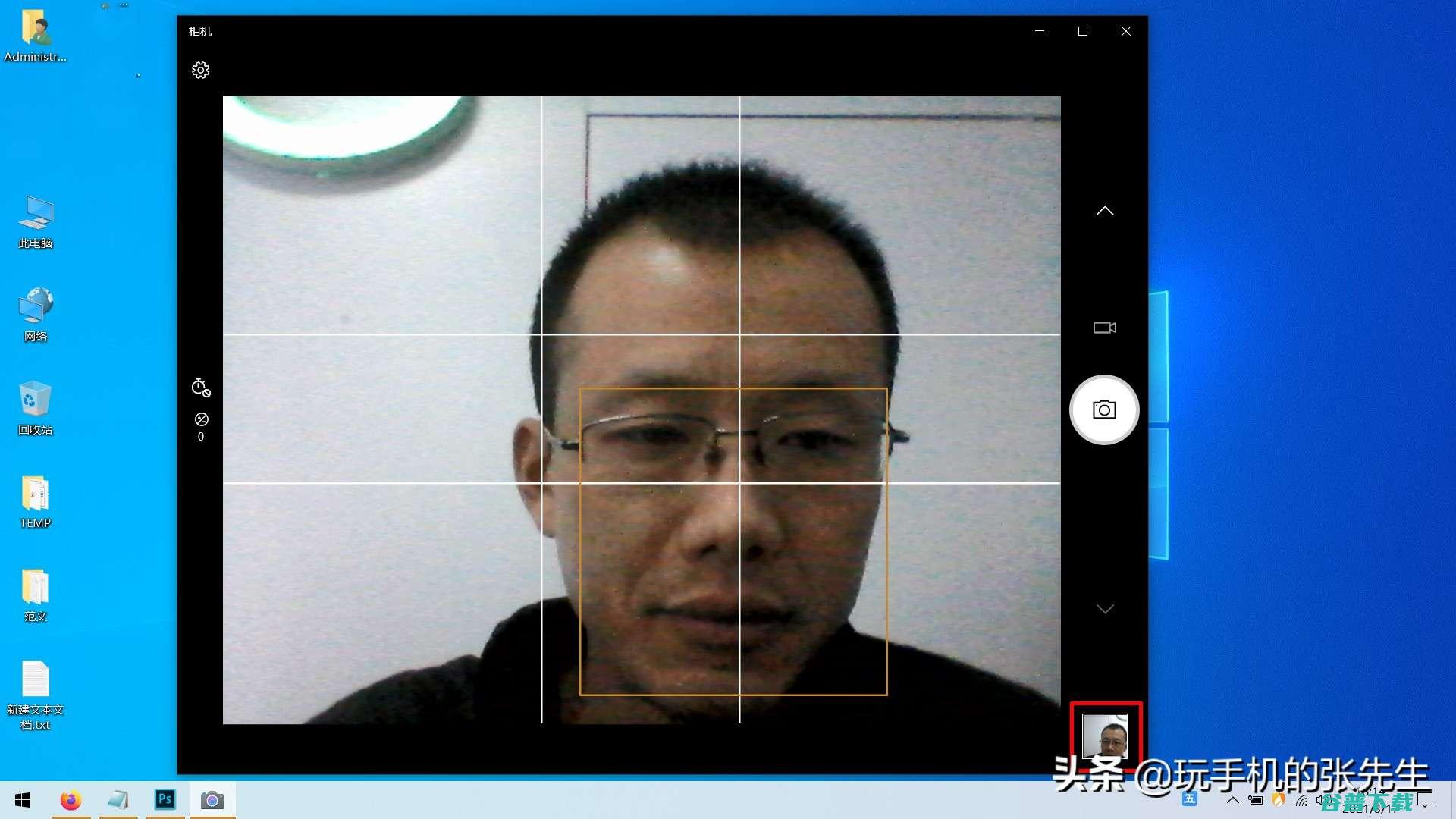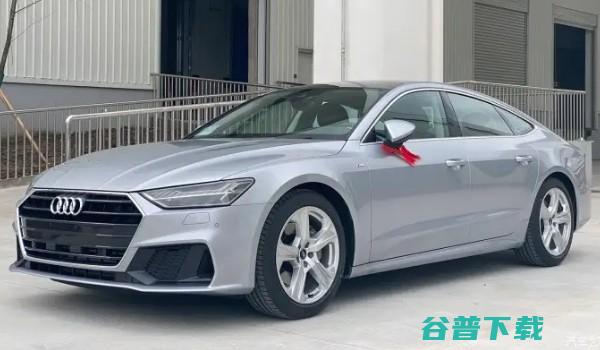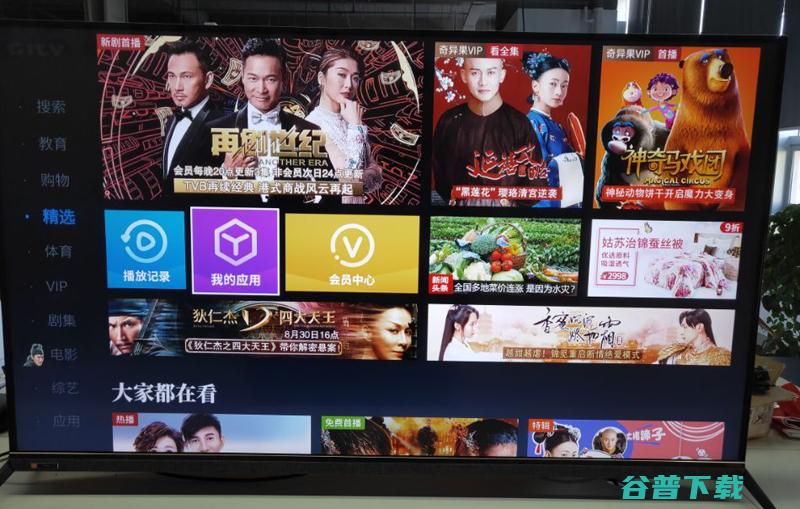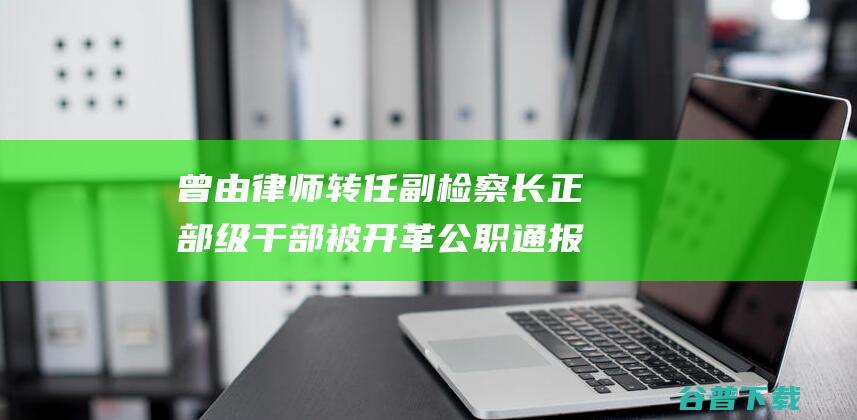无知 中兴事件后华为美国大学合作项目受阻徐直军批国会议员 (中兴事件知乎全文)
雷锋网7月20日消息,针对美国共和党参议员的无端指责,一向快人快语的华为轮值总裁、副董事长徐直军回应的也很直接,“ 我认为这些行为显示了他们对科学的无知。”
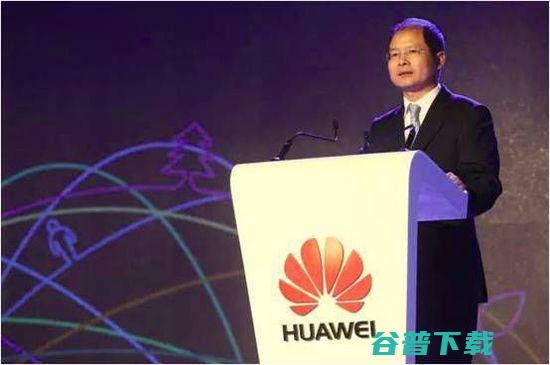
据了解,事件起源于美国共和党参议员卢比奥(Marco Rubio)在社交媒体推特上的言论,他表示:“如果美国不搞倒中兴,就永远搞不倒像华为这样规模更大的公司。”
相关报道显示,更早在当地时间的6月19日,卢比奥牵头的26名国会跨党派议员致信给教育部长德沃斯,称:华为与数十所美国高校的研究合作项目,对美国家安全构成了威胁,要求教育部调查“华为创新研究计划”和其他项目的合作情况。
华为创新研究计划前身是华为于1999年设立的“华为高校基金”。华为公司每年定期向全球公开发布研究资助方向,持续不断将ICT(信息通信技术)领域前沿技术需求、难题和想法传递给学术界。学术界伙伴根据其研究方向、擅长领域选择研究课题,华为给予资助和支持。
截至2016年底,该计划累计已覆盖全球20多个国家的300多所高校,在全球范围内资助超过1200个创新研究项目,其中亚太区覆盖澳大利亚、韩国、日本和新加坡等国;2位诺贝尔获得者、100多位IEEE和ACM院士以及全球数千名专家学者参与其中。
该议员的无端指责显然很是让华为恼火,在此前,美国多次调查华为,质疑其影响美国国家安全,华为也是淡然处之,徐直军曾表示,“改变不了的不如放下”,但这次涉及到基础科学研究,这位从事过基础科学研究的工学博士却没有放下,而是站出来直接回应,“ 我并不想进行人身攻击。相反,我只是希望强调学术自由的重要性 ”。
以下为中英文原文:
美国国会对华为与大学合作项目的质疑是错误的
华为资助美国大学进行基础研究,研究成果将造福大众,不会对美国构成威胁。
徐直军
不久前,几名美国国会议员严厉地批评了华为,还要求美国教育部长调查华为与美国大学的基础科研合作项目是否会对美国国家安全构成威胁。我认为这些行为显示了他们对科学的无知。最近在接受媒体采访时,我提到这些批评是“无知的”。
我并不想进行人身攻击。相反,我只是希望强调学术自由的重要性。学术自由是现代大学的基本属性,是一切科技进步的基石,有助于培养下一代科研人才。
学术自由是高等教育的基石。正是由于美国大学能保持学术自由,不受政治和外部因素干扰,才吸纳了全球最优秀的人才到美国学习和研究,成就了美国的全球技术领导者地位。
我是一位从事过基础研究的工学博士。根据美国国家科学基金会的定义,“基础研究”是指“致力于获取新知识或理念,但不考虑具体流程或产品应用的活动”。
企业的研发活动主要聚焦商业应用,而大学则关注数学、算法、材料科学等不太可能创造收益的应用。即使某个研究项目最终会产生回报,从理论研究到商业化可能需要花费数十年时间。
大学与企业的合作能够有效缩短这个过程。企业、学术界和研究机构之间的知识和资源交换(也称“知识转移”)已经成为推动科技进步的关键动力。
然而,过去十年间,美国联邦政府向大学研究项目提供的资金在持续下降,如今占大学总研究资金的比例低于50%。
余下的大部分资金来自华为等企业提供的赞助。华为向美国大学提供的研究资金相对有限,去年约为1,000万美元。但我们提供的支持正是大学所需要的,包括资金、场地和实验设备等支持。同时,我们也为在校研究生、大学生们创造了丰富的培训和实践机会。在提供这些支持的时候,我们并不期望能获得直接商业回报。
华为资助美国大学进行基础研究,研究成果将造福大众,并不会像外界批评所说的那样会对美国构成威胁。
我们与大学的研究成果通过教授、博士和研究生们的论文形式公开发布。
2017年,华为在研发领域投入138亿美元,过去十年华为的全球研发总投入超过600亿美元。华为在全球各国已经有近8万件专利获得授权,其中在美国授权专利近一万件,许多还是电信业的基本专利,这对数字经济发展也是一个贡献。
任何基础研究项目要造福社会是一个艰辛而且漫长的过程,需要大学与企业紧密合作,需要无数科学家、工程师们长期艰苦奋斗,他们的努力和贡献应该受到尊重,而不是肆意指责。
一个开放的政治领袖,应该要致力于维护美国大学的学术自由,才能推动美国的科技进步。同时,政治领袖要像全球领先科学家一样具备深度洞察力、好奇心和实事求是精神。
Congress is wrong to question Huawei’s academic partnerships
The fruits of the research we fund are a public good not a threat to America
Jul 19, 2018
Recently my company Huawei was strongly criticised by several members of the US Congress. They asked the US secretary of education to investigate whether our co-operation with US universities on basic scientific research might threaten US national security. I believe this criticism displays an ignorance of how contemporary science and innovation work and I recently described it as “ ill-informed” in a media interview.
I did not mean this as a personal attack. Rather I was seeking to highlight the importance of academic freedom as an essential feature of modern universities, one that underpins all technological development and helps cultivate the next generation of scientific talent.
Academic freedom is the cornerstone of higher learning. This freedom from political and other interference allows the US consistently to attract the world’s brightest minds to study and conduct research within its borders. It also supports the US’s continued status as a global technology leader.
I hold a doctorate in engineering and have experience in basic research, which the National Science Foundation defines as “study directed toward greater knowledge or understanding...without specific applications toward processes or products”.
While corporate research and development tends to focus on commercial outcomes, universities devote time to mathematics, algorithms, material science and other applications that might never make money. Even if the research pays off eventually, closing the gap between a theory and a commercial product can take decades.
ColLaboration between universities and businesses can accelerate this process. The exchange of knowledge and resources among the private sector, academia, and research institutes, known as knowledge transfer, has become a vital driver of scientific and technological progress.
But US federal funding for higher education research has fallen steadily over the past decade. Today it represents less than 50 per cent of total American university research funding.
Corporate sponsorship from companies such as Huawei provides much of the rest. The amount of money we allocate for research at US universities is relatively modest — approximately $10m last year. But it provides needed support in the form of funding, facilities, and laboratory equipment. Our collaboration with universities gives college and postgraduate students the chance to receive training and hands-on experience. We provide this support with no expectation of direct commercial return.
Contrary to what our critics allege, the fruits of this research constitute a public good rather than a threat to America.
The findings made possible through our university partnerships are published and disseminated worldwide through dissertations and papers by professors, PhDs, and postgraduate students.
Like other corporate supporters of university research — including US businesses that support Chinese universities — Huawei does not gain exclusive ownership of, or access to, the findings of the research we support and we do not dictate what is published.
Science is borderless, and we hope that the results of our partnerships will reach as many people as possible.
Like any technology company, Huawei benefits from the general advancement of science and technology worldwide. Ultimately, however, our ability to provide competitive products is a result of our own long-term investment in R&D.
Last year, Huawei invested $13.8 billion in research and development globally, bringing our total investment over the past decade to more than $60 billion. Huawei has been granted nearly 80,000 patents worldwide, including 10,000 patents in the US. Many of these are essential patents vital to the telecommunications industry. As such, they represent our modest contribution to the development of the digital economy.
Before any basic research can deliver tangible benefits to society, universities and businesses must set off together on a long and sometimes arduous journey. This requires unstinting work by countless scientists and engineers. Such people deserve respect, not groundless accusations from sceptical politicians, for their efforts.
Open-minded political leaders should work to ensure that US universities continue to enjoy the academic freedom that drives American progress in science and technology. Ideally, they will bring to that task the same depth of understanding, curiosity, and spirit of fact-finding inquiry displayed by the world’s leading scientists.
The writer currently holds the rotating chairmanship of Huawei.
任正非最新讲话引发华为员工点评:最高指示,一定要活下去!
被华为开除后,他索赔一亿美元,并告发前东家窃取商业机密
华为「达芬奇计划」曝光,中国芯“组团”进军云端AI芯片,英伟达怕吗?
原创文章,未经授权禁止转载。详情见 转载须知 。
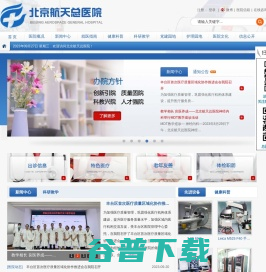
北京航天总医院成立于1958年,开办资金5960万元,是一所集医疗、教学、科研、预防、职业病防治为一体的三级综合医院,承担着集团公司在京数万名员工的职业病防治、健康体检工作,肩负着大型飞行试验的医疗保障和广大航天员工、家属以及周边约100万居民的医疗保健任务。医院占地面积49176平方米,建筑面积84476平方米,编制床位900张。2021年医院门急诊量113.8万人次,出院人数29,079人次,麻醉科手术10,521例。截至2021年底,医院现有在职员工1562人,医生420人,护士711人,医技人员183人。医院配有万元以上设备1899台,100万元以上设备共73台套,包括3.0T大孔径核磁、1.5T核磁、64排和16排CT、ECT、DR、DSA等大型医疗设备。近年来共开展新技术新业务70余项,新增检验检查项目近40项。


